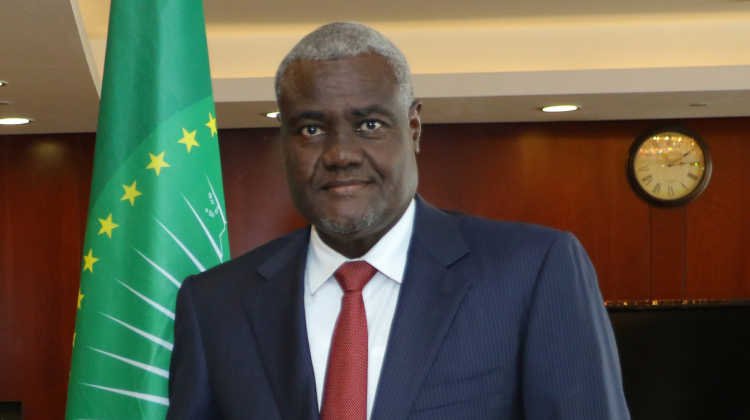The African Union Commission (AU) chairperson recently admitted some shortcomings in meeting its performance expectations, and this calls for concern.
Development Diaries reports that Moussa Mahamat noted that member states are partly to blame for its underperformance.
The AU was established with the intention of promoting peace, security, and stability, democratic principles and institutions, and good governance.
It was also established to promote and protect human and peoples’ rights in accordance with the African Charter on Human and Peoples’ Rights and other relevant human rights instruments.
But the union appears to be struggling to fulfil its mandate.
The AU’s shortcomings are demonstrated by its inability to handle recent crises, including the uprisings in northern Mozambique, the Democratic Republic of the Congo, and Sudan, and the coups in Guinea, Burkina Faso, Mali, and Niger.
Persistent conflicts in various regions of Africa pose a significant challenge to the AU. The union often struggles to mediate and resolve conflicts due to the complex nature of some disputes, limited resources, and the involvement of external actors.
Due to its limited funding, the AU finds it difficult to successfully carry out its projects and programmes. The independence of the union and its ability to make decisions can be impacted by reliance on non-African sources.
Concerns about the AU’s institutional capability also persist. The inability of certain member states to fulfil their obligations as full participants in AU activities results in a hindrance to the body’s capacity to effectively implement its policies and programmes.
Furthermore, achieving consensus among member states on critical issues can be difficult due to diverse political landscapes, historical conflicts, and varying national interests. The lack of a unified approach can impede the AU’s ability to address challenges collectively.
Economic disparities among African countries also contribute to challenges in implementing common economic policies. Some regions continue to face underdevelopment, hindering the AU’s goal of achieving sustainable economic growth and integration.
The AU grapples with the management of migration flows and refugee crises, particularly in conflict-affected regions. In this area, coordinated efforts are needed to address the root causes of displacement and ensure the protection of vulnerable populations.
Security issues persist due to transnational crime, terrorism, and the spread of weapons. The complexity and dynamic nature of these dangers impede the AU’s attempts to advance peace and security.
Additionally, human rights abuses, corruption, and governance issues persist in several African countries, affecting stability and hindering the AU’s efforts to promote good governance and respect for human rights across the continent.
A diversified strategy that takes into account different obstacles and makes use of the AU’s current advantages is needed to increase the efficacy of the union in carrying out its duties.
Development Diaries calls on the AU to focus on its institutional strengthening, conflict prevention and resolution, and promotion of good governance across member states. The union must also strengthen its public engagement to tackle the diverse challenges facing the continent.
Photo source: United Nations







